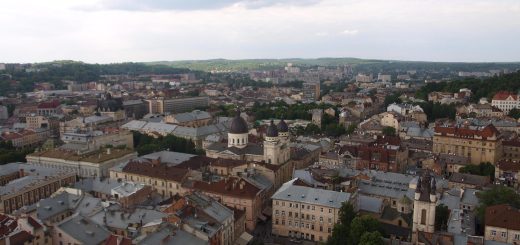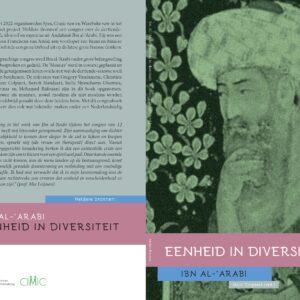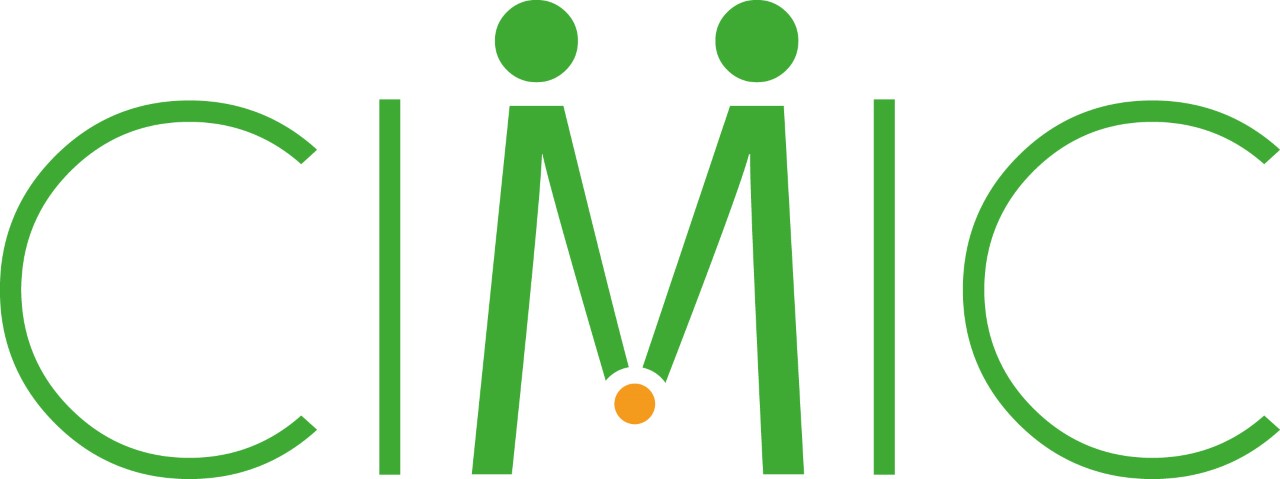“De twee oorlogen van patriarch Kirill en Vladimir Poetin”
Wat volgt is een artikel van Sergei Chapnin, de hoofdredacteur van ‘The Gifts’, een magazine voor eigentijdse christelijke cultuur, en curator van tentoonstellingen over christelijke kunst. Voordien was hij hoofdredacteur van de ‘Journal of the Moscow Patriarchate’. Het artikel verscheen in ‘Public Orthodoxy, bridging the Ecclesial, the Academics, and the Political. The Orthodox Christian Studies Center of Fordham University.’
“Het Kremlin”, zo stelt Chapnin, “voert twee oorlogen”. Het lanceert een oorlog tegen Oekraïne en vecht verder een oorlog uit met Rusland. De gevolgen zullen voor de twee landen verschrikkelijk zijn.
De oorlog met Oekraïne is een open oorlog met troepen op het grondgebied van een onafhankelijke staat. De oorlog van het Kremlin met Rusland is van een andere orde. Het is een oorlog met arrestaties, politieke moorden, schijnprocessen, martelingen in gevangenissen, onderdrukking van de onafhankelijke media, druk op advocaten en activisten…
Wat de auteur verwijt aan de patriarch van Moskou, Kirill, is zijn hypocrisie. Hij is zo verweven met het regime-Poetin dat hij niet meer vrij kan spreken. Hij is nochtans ook de patriarch van Oekraïne. De metropoliet van Kiev heeft wel meteen gereageerd: “Defending the sovereignty of Ukraine, we appeal to the President of Russia and ask for an immediate end to the fratricidal war”. Voor hem is het een oorlog van Cain tegen Abel, een broederstrijd.
Hieronder volgt het originele Engelstalige artikel.
PATRIARCH KIRILL AND VLADIMIR PUTIN’S TWO WARS
by Sergei Chapnin
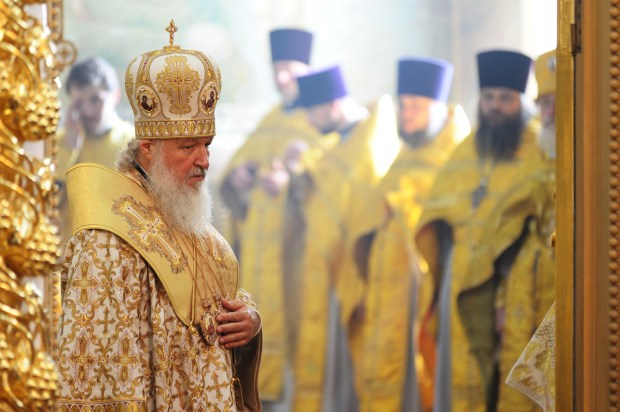
It’s hard to talk. It’s hard to think. It’s very hard to pray. It’s a shock. And it’s scary to realize that I was wrong not to believe there would be a war. No, I did not believe it at all. I thought that talk about the war would remain just talk, horror stories that adults do not believe in. Most of my friends didn’t believe it either.
On Thursday morning [24 February 2022], we woke up to a different world. In this new world, the Kremlin is fighting two wars at once: it has launched a major war against Ukraine and has continued a war against Russia. The consequences of these wars will be severe for the peoples of both countries. If the aggression against Ukraine is an open war, with bombings, troops on the territory of an independent state, and military and civilian casualties, the Kremlin’s war against Russia seems less obvious. Arrests, political assassinations, trials turned into a farce, torture of prisoners, suppression of independent media, pressure on lawyers and civil activists—all these seem incomparable to open armed aggression, and yet it is a war that the Kremlin is waging hard and consistently against its people.
On February 24 alone, the day Russian troops crossed the Ukrainian border, 1,700 people were detained in various Russian cities. Almost all of them will be convicted by the “pocket courts” of Putin’s Russia. The Kremlin did not like the fact that Russian citizens dared to speak out against the war with Ukraine.
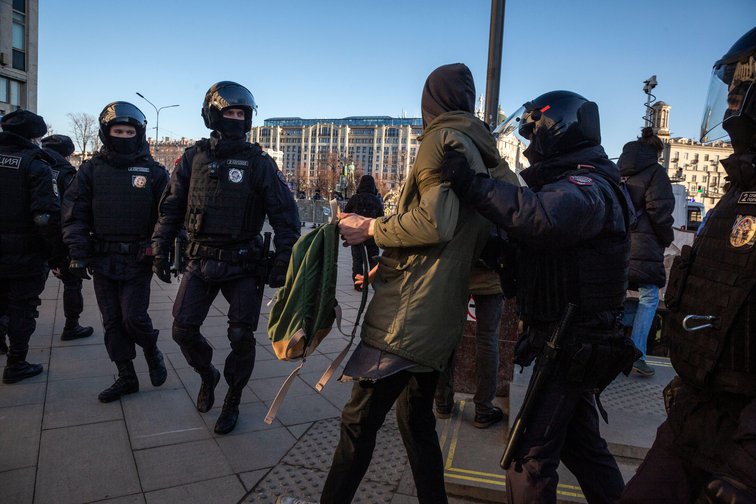
Is the voice of the Orthodox Church now heard in the warring countries? Patriarch Kirill of Moscow and All Russia has spoken twice in recent days. On the eve of aggression, February 23, when Russia celebrates the old Soviet holiday, Red Army Day (renamed Defender of the Fatherland Day in 1993), the patriarch laid a wreath at the Tomb of the Unknown Soldier near the Kremlin wall and delivered an unexpectedly large sermon.
First, he stressed that “we live in times of peace, but we know that in times of peace there are also threats.” That is, eight years of smoldering war in the Donbass, where thousands of soldiers and civilians have died on both sides, many of whom were members of the Church of which he is the Primate, mean nothing to the Patriarch.
And then: “Unfortunately, there are threats even at this moment—everyone is familiar with what is happening on the borders of our Fatherland.” That is, the borders of the Fatherland are the “sacred borders” of Russia, which must be protected, while the borders of other countries, where he is revered as Patriarch, do not mean that much to him.
Less than 24 hours after these words, Russian President Vladimir Putin will order an attack on Ukraine.
Patriarch Kirill remained silent all day long into the evening, and this silence was the most eloquent testimony to his moral collapse. Yes, he later issued a statement, but his words sounded so streamlined that it became clear that it was not his desire to evaluate what was happening, but his desire to evade any assessment would be his main concern. And in every line is a fear of the truth, an unwillingness to admit it.
The address of the Patriarch is a typical example of a propaganda text with conscious substitutions. Here are the main ones:
1) “With deep and heartfelt pain, I perceive the suffering of people caused by the current events.” For a man capable of speaking the truth, it is not difficult to find the right words: “aggression,” “war,” “the Russian attack on Ukraine,” “missile strikes on a neighboring country.” However, the patriarch sticks to his lingo and speaks of “current events.”
2) “I call on all parties to the conflict to do everything possible to avoid civilian casualties.” Again, everything is clear here: there is the aggressor, Russia, and Ukraine defending itself. To combine them in one phrase, calling them “parties to the conflict” is immoral.
3) And then: “to avoid civilian casualties.” What, then, if the military die—is it not so scary for the patriarch? Is it what they call “professional risk”? Would he himself be willing to give the dead soldiers a funeral and explain to their wives and mothers what they died for—both Ukrainian and Russian?
In this context, the call to “offer a profound, fervent prayer for the soonest restoration of peace” looks like a magical incantation or, at best, an empty formality.
Only one church hierarch from the Moscow Patriarchate had the courage to call things by their proper names. In sharp contrast to the Patriarch’s inarticulate address, Metropolitan Onufry of Kyiv and All Ukraine, who heads the Ukrainian Orthodox Church of the Moscow Patriarchate, said: “Trouble has struck. Most regrettably, Russia has begun military action against Ukraine, and in this fateful time I urge you not to panic, to be courageous, and to show love for your homeland and for one another.”
“I urge you, first of all, to intensify repentant prayer for Ukraine, for our army and our people, to forget mutual quarrels and misunderstandings and to unite in love for God and our homeland. At this tragic time, we offer special love and support to our soldiers who stand guard and protect and defend our land and our people. May God bless and protect them! Defending the sovereignty and integrity of Ukraine, we appeal to the President of Russia and ask for an immediate end to the fratricidal war.”
Metropolitan Onufry’s appeal appeared as early as midday on February 24, much earlier than Patriarch Kirill’s reaction. And it is noteworthy that Metropolitan Onufry uses the biblical image of Cain: “The Ukrainian and Russian peoples came out of the Dnieper baptismal font, and the war between these peoples is a repetition of the sin of Cain, who killed his own brother out of envy. Such a war has no justification either with God or with men.”
Recognizing the kinship of the peoples of Russia and Ukraine, Onufry gives a merciless assessment of Russia’s actions, comparing it to Cain and thus raising the question of moral responsibility for the deeds committed.
Several years ago, in one of his laudations to Patriarch Kirill, Metropolitan Hilarion (Alfeyev) noted, “The key thought of the Patriarch when he talks about the ministry of the Church, its mission in the world, is that the Church is called to proclaim God’s truth.” Well said, isn’t it?
But today the question should be put bluntly: what happens when the Church, in the person of her Primate, loses this prophetic gift? Here, however, we should speak no longer in the present tense, but in the past.
It is all too obvious what the church hierarchs in Russia and, above all, the Patriarch himself have been preoccupied with in recent years. It is the fulfillment of an ideological order from the Kremlin, cooperating with the authorities, which totally disregards the evangelical commandments, replacing them with “traditional values” for the convenience of manipulation.
The loss of the gift of proclaiming the truth leads to divisions. Seeing the hypocrisy of church authority, the flock—sometimes intuitively, sometimes consciously—draws a line separating the official Church headed by the Patriarch and authentic church life, the focus of which is the parish community. It is increasingly clear, however, that the official Church is a burden, a heavy and meaningless burden on living communities.
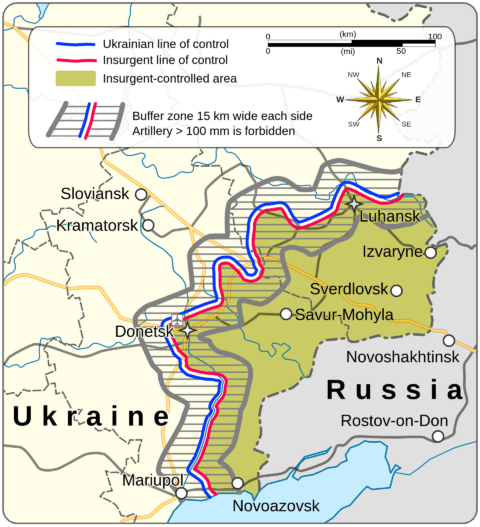
Another line of division is geographical or, rather, geopolitical. If the official Church refuses to recognize the war in Donbass as a reality and is willing to offer lives on the altar of the so-called Russian world, the ecclesiological division between Russia and Ukraine is imminent.
If the Russian world were truly a soft power rather than an imperial cudgel, the continued existence of the Ukrainian Church as part of the Moscow Patriarchate would be possible. If those who strive for freedom and who shy away from the imperial violence of Moscow are called “Nazis” by state propaganda without scruples, but the Patriarch remains silent, one should run away from such a Patriarch.
Today it is abundantly clear: Patriarch Kirill is not ready to defend his flock—neither the people of Ukraine nor the people of Russia—against Putin’s aggressive regime. Human suffering is not one of his priorities. The Patriarch’s intercession with the power holders remains only in history books.
Forgive my naive question: who then needs such a Patriarch?
Sergei Chapnin
Sergei Chapnin is editor-in-chief of «The Gifts» (Дары), a magazine of contemporary Christian culture, and curator of exhibitions on contemporary Christian art. Previously he was editor-in-chief of the Journal of the Moscow Patriarchate and deputy editor-in-chief of the Moscow Patriarchate Publishing House.
Public Orthodoxy seeks to promote conversation by providing a forum for diverse perspectives on contemporary issues related to Orthodox Christianity. The positions expressed in this essay are solely the author’s and do not necessarily represent the views of the editors or the Orthodox Christian Studies Center.
Andere interessante artikels vanuit een orthodoxe spiritualiteit:
‘Russian World 2.0’ en Poetins spiritualiteit
Cyril Hovorun is professor Ecclesiologie, Internationale Betrekkingen en Oecumene aan The Stockholm School of Theology (University College Stockholm). In het volgende artikel plaatst hij Poetins agressie tegenover Oekraïne in de context van een ‘ideologische doctrine’ die bekend staat als ‘Russian World’.
Ze werd destijds in de jaren negentig ontworpen door liberale politieke wetenschappers. Maar vanaf 2000 werd ‘Russian World’ overgenomen door het patriarchaat van Moskou dat het gedachtegoed volledig oppoetste en daardoor ook een conservatieve wending op gang bracht in de Russische samenleving en in de Russisch-orthodoxe kerk.
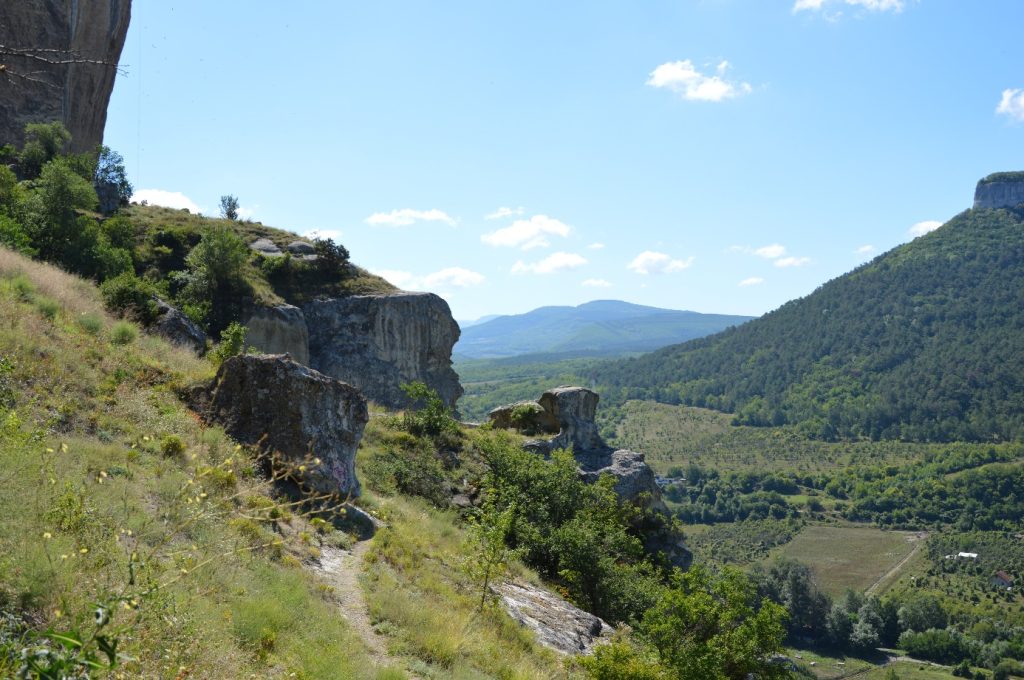
In 2014 kon het maar gedeeltelijk steun genereren voor Poetins avances in Oekraïne. Maar mede dankzij ‘Russian World’ kon hij wel de Krim annexeren en in de Donbass-regio oorlog voeren. Maar de verhoopte ‘Russische Lente’ – ook voor Oekraïne inbegrepen – was er echter niet gekomen.
De huidige oorlog die op 22 februari startte, was ideologisch ook onderbouwd door ‘Russian World’. Poetin legde het op 21 februari uit in een uur durende ‘lezing’ over de historische relaties met Oekraïne. Poetins woordenschat bleek grotendeels overgenomen van Moskous patriarch Kirill.
Cyril Hovorun schetst de mythe die aan de basis ligt van deze ‘Russian World’-doctrine, die een sterke religieuze dimensie heeft. De auteur verwijst naar het dualistische en het manicheïstische wereldbeeld van Poetin.
Rusland is de belichaming van ‘kosmische goedheid’ en wordt voortdurend bedreigd door het ‘kosmische kwaad’, geïncorporeerd door de NAVO en de VS. Oekraïne zit gevangen in de greep van het Westen, dat aan de kant van het kwaad staat. Poetin wil Oekraïne daarvan bevrijden.
Poetin zocht toevlucht tot de orthodoxe kerk na zijn atheïstische KGB-periode. Hovorun stelt dat velen zich na de val van de Sovjet-Unie niet zozeer bekeerden tot de orthodoxe kerk, maar tot vele vormen van quasi-christendom dat magisch en mythisch is.
De volledige Engelstalige tekst van Hovorun is via onderstaande link te lezen:
Russian World 2.0 and Putin’s Spirituality
Nog een bijkomende tekst door Giles Fraser:
Putin’s spiritual destiny – The religious president wants to rebuild Christendom by Giles Fraser
https://unherd.com/2022/02/putins-spiritual-destiny/



